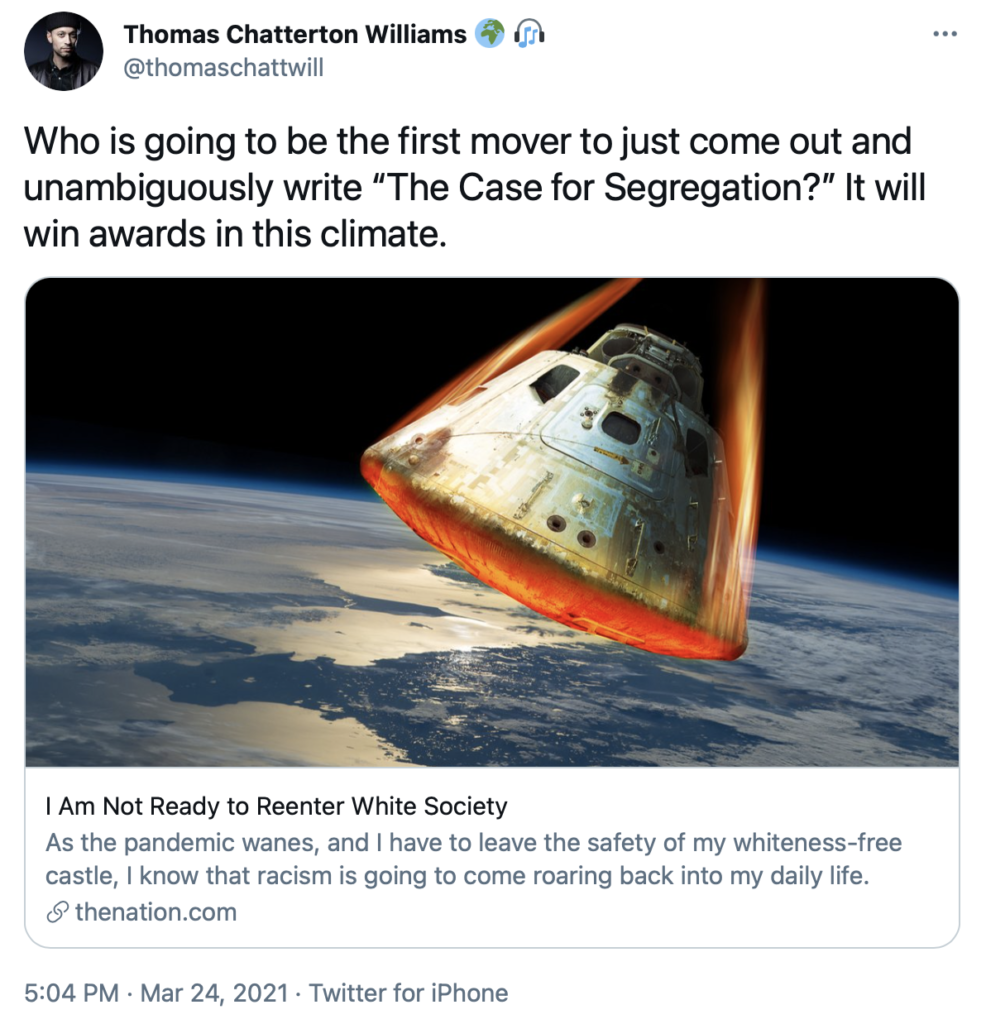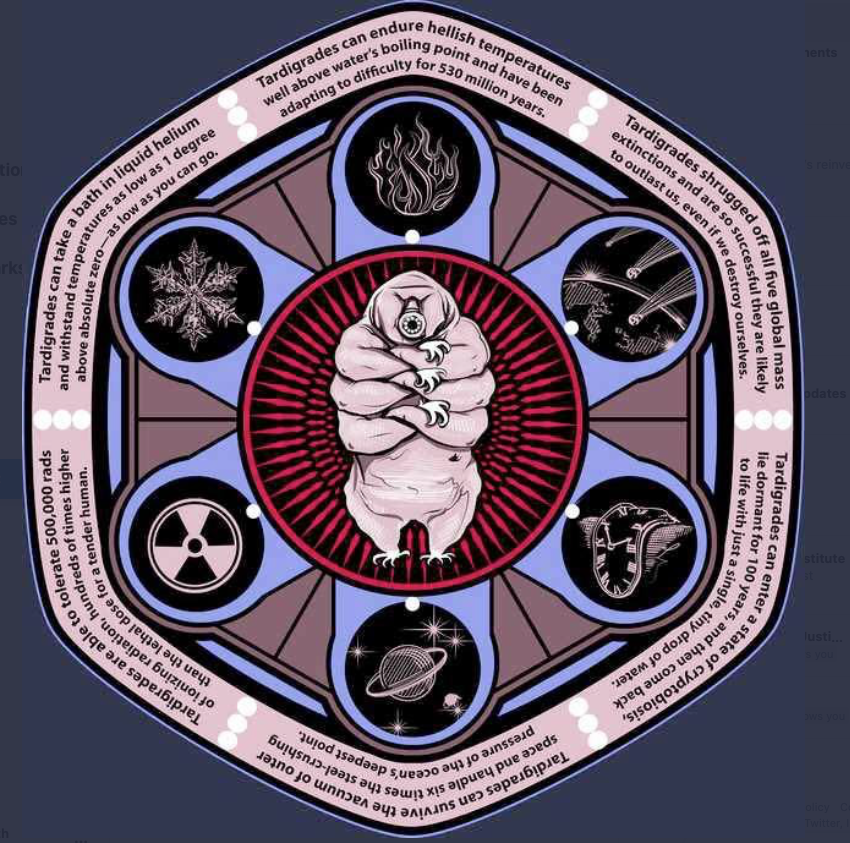The Woke Endgame: Evergreen State College
I didn't want to be spending so much time writing about Wokeness, but it has become clear to me that this is an ideology that reverses many of the hard-earned gains we have made through the Civil Rights Movement and that Wokeness ideology leads to endless societal dysfunction. Because human flourishing important to me, I have no choice but to speak out, at a time where many of my friends and acquaintances have the exact same concerns I do, but are afraid to speak out. Their fears is are based on these things:
1. They don't want to get into yelling matches with activists, which they see as inevitable;
2. They fear being called names like "racist" for things that are not racist.
3. They fear mobs of people following them, threatening them and their families or damaging their property;
4. They fear loss of their reputations based on false accusations by mobs, and
5. They fear the loss of their jobs and/or careers based upon mass-cancellation techniques.
I realize this all sounds hyperbolic, but my conclusions are based on the many dozens of occurrences on which I have written about at this website, as well as many other articles by many other writers. Common responses to my writings have been A) ad hominem attacks, B) scoldings that I have no right to discuss certain topics, as though only certain people have the right to talk about certain things, and C) Whataboutism - Why am I not writing about something else that they would rather I write about, e.g., white supremacist groups? In response to this last point, I already see widespread ridicule over white supremacy. It is not taking root in any of our sense-making institutions such as schools (including prestigious colleges), media outlets (including STEM journals and magazines) and government offices.
I see the opposite happening with Wokeness, and it seems to be spreading logarithmically with only scattered voices having the courage to stand up and cry out, "Emperor Has No Clothes." Those voices include Andrew Sullivan, Matt Taibbi, Seerut K. Chawla, Glenn Greenwald, Brett Weinstein, Heather Heying, Eric Weinstein, Bari Weiss, Sam Harris, Jesse Singal, Jordan Peterson, Jonathan Haidt, Helen Pluckrose, James Lindsay, Benjamin Boyce, Jonathan Kay, Claire Lehman, John McWorther, Glenn Loury, Caitlin Flanagan, Heterodox Academy, Colin Wright, Joe Rogan, Buck Angel, Peter Boghossian, Coleman Hughes, Bill Maher, Peter Rufo, The 40 Black Intellectuals who recently spoke out against the racism by Smith College, and the plucky crew at Quillette Magazine. There are others out there and I am not excluding any of them intentionally. Most of these people lean significantly to the left on many social issues, yet Woke advocates commonly call them "conservatives," which is a modern version of an attempted ad hominem attack.
I want to give special attention to James Lindsay's excellent Woke Encyclopedia at New Discourses, so very helpful in that the Woke onslaught always involves long streams of highly suspect terminology.
What provoked this article? I just finished watching several episodes of "The Complete Evergreen Story," by Benjamin Boyce. As described by James Lindsay,
Benjamin Boyce was a student at The Evergreen State College as it melted down, thanks to the applications of critical race Theory on campus. There, not only did he have a first-person view of the mayhem the campus descended into as it happened, he was responsible for filming and documenting a great deal of the footage that has since come to light and found a home in documentaries. Ever since, he has been on a quest to further understand what happened at Evergreen and to document it in full, not to mention similar issues as they crop up in the surrounding Washington state communities.
Boyce has presented this Evergreen tragedy in 23 chapters. His story covers the destruction of what was, and what could still be, an excellent college. What happened in 2017, however, left Evergreen in intellectual and social shambles and resulted in dramatic reductions in the number of students attending Evergreen.
It turns out that students aren’t clamoring for the privilege of paying for an education in such a hostile environment. Evergreen accepts 97% of applications, but enrollment dropped to 2,854 full-time students last fall, compared to 3,810 the semester of the protests. Enrollment increased over the same period at other Washington universities.
The story of Evergreen College was entirely ignored by most left leaning media powerhouses. The New York Times has yet to write a single word about the 2017 Woke-triggered implosion at Evergreen College.
I am writing this article to provide the above links to the writers I have found most informative and instructive about the Woke movement. I am linking to these writers with the hope that those who are fearful of speaking out can read these works as an aid to finding their own voice. I am also writing this article as a warning and a prophecy that Evergreen State College was not simply an occurrence but a vision for where we are headed unless we all find the spine to stand up and draw a line in the sand. Unless we do these things together, everything will become Evergreen State.
Here are episodes 1, 2 and 3 of Benjamin Boyce's comprehensive documentary regarding Evergreen State.
I'll end with some deep pessimism. I fear that conversation is no longer productive with the Woke. This is clear in many places today as I have documented at this website. it is abundantly clear in the Evergreen videos, as numerous students demonstrated that they are incapable of having a meaningful conversation with the clear-headed, patient, politically liberal Evergreen College biology professor, Brett Weinstein.


